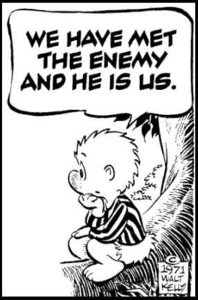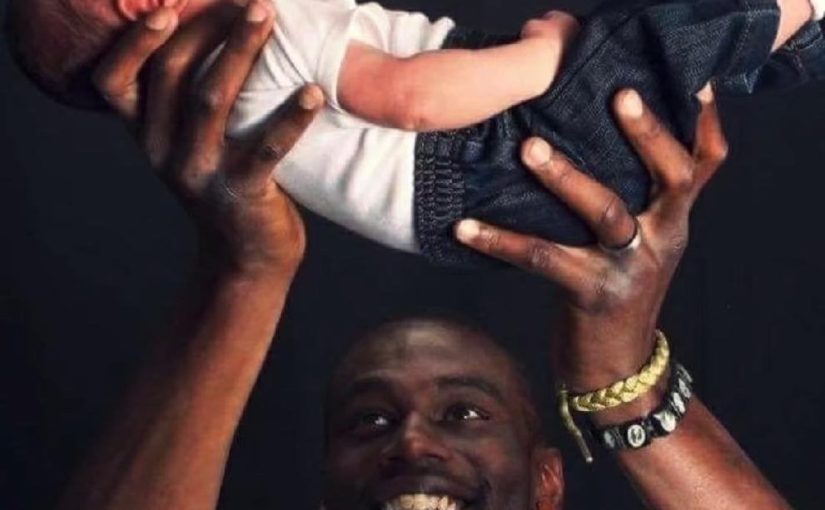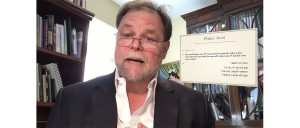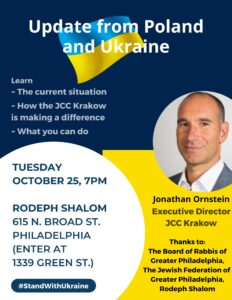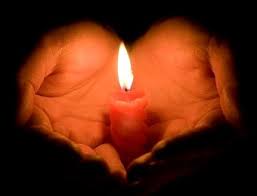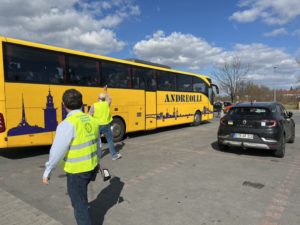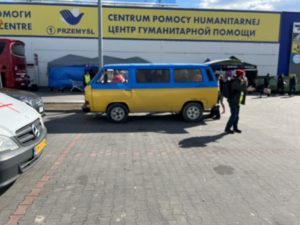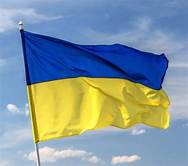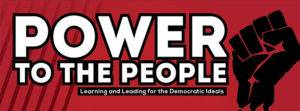Matot offers a climax to one of the troubling stories in the formation of our people.
On the verge of entering the Promised Land, the children of Israel must fight the Midianite people first. Although Moses instructs his warriors, according to God’s directive, to slay all the Midianites, Moses is angered when the army spares the women and children and reiterates the command to kill.
Were the Israelite people freed so they would unquestioningly carry out God’s dirty work? Or was this a test to see if we were worthy of freedom and the responsibilities such freedom carries? Were we ready to serve God as a righteous light to the nations? The army commanders understood the implications of this barbaric act and refused to follow the order. Moses overruled them, demanding harsh vengeance.
This kind of retaliation is appalling by our standards, and it was unacceptable for the Israelites, too. The phrase “Just following orders” sends shudders down the spine. But, even where legitimate grievance exists, morality trumps brutal vengeance. Matot is a warning for us and our interaction in an often inhospitable, antisemitic world.
However, the past cannot be the only lens we use to see the future. There was legitimate grievance against the Midianites. They attempted to undermine the nascent Israelite nation, and war appeared to be the way forward. But following orders is insufficient reason to commit atrocities. God’s vengeance is best left for God to transact (the flood, Sodom and the Korach Rebellion, to name three).
When individuals assume that responsibility and act on behalf of God, it is dangerous. A humane approach offers compassion instead of annihilation and a path toward peace. This alternative does not dismiss the history but does not make us slaves to the past, repeating and perpetuating tribalistic hate. Our tradition repeatedly admonishes us to act with benevolence and, in the words of Pirkei Avot, “Even in a place where there are no menschen, strive to be a mensch.”
Against this backdrop, we might look again at the lessons of this part of the parsha and see how we can apply them in many current world affairs and, in particular, to the situation with the Russian war’s effects on Ukrainians and Poles. We cannot be indifferent to human suffering; it goes against everything our tradition demands.
Jewish history in Ukraine and Poland is fraught. Persecution and antisemitism characterize much of the Jewish experience. Periods of welcome, such as King Casimir III inviting Jews to Poland as other countries expelled them, are countered by the infamous Khmelnytskyi and pogroms, which accounted for the slaughter and terror of the Jewish population of the region. It is little wonder that approximately 2 million-plus Jews emigrated to America at the turn of the 20th century when the opportunity to leave that place presented itself.
Furthermore, we understand that deeply rooted antisemitism enabled the Holocaust. These are substantial reasons for the Jewish psyche to be wary. But if we are limited to only that, practicing hatred in response to hate, we deprive ourselves of the very humanity our tradition teaches.
We Jews are duty-bound to see and respond to the Ukrainian people’s human suffering and the Poles’ heroic efforts. We know that the support by the Poles is something no one offered us as the Shoah unfolded. And knowing this, we can nonetheless be instruments in alleviating anguish and perhaps elevating ourselves in the process.
We can serve as Or l’goyim, a light to the nations, deeply rooted in our belief that we can be agents of change; partners in the ongoing act of creation; that we hear of the suffering and do not stand idly by as another’s blood is shed. Our values compel us to be part of the solution to the problem rather than remain mired in a history where we were seen as the problem needing to be solved.
Of course, we do not deny the past or naively presume the days of Jew-hatred are over. But we can take steps to help the world become a better place. This is a lesson I learned from Parsha Matot.
Show your support for the victims of war with your donation. For each donation of $54, we will send you the Ukrainian Sunflower to wear proudly and keep us aware you stand against the suffering. Proceeds are going to the JCC Krakow, a leader in helping Ukrainian refugees.

